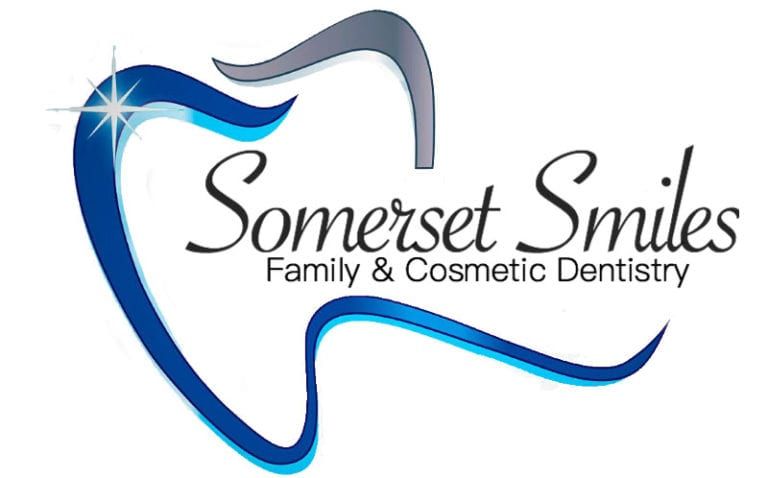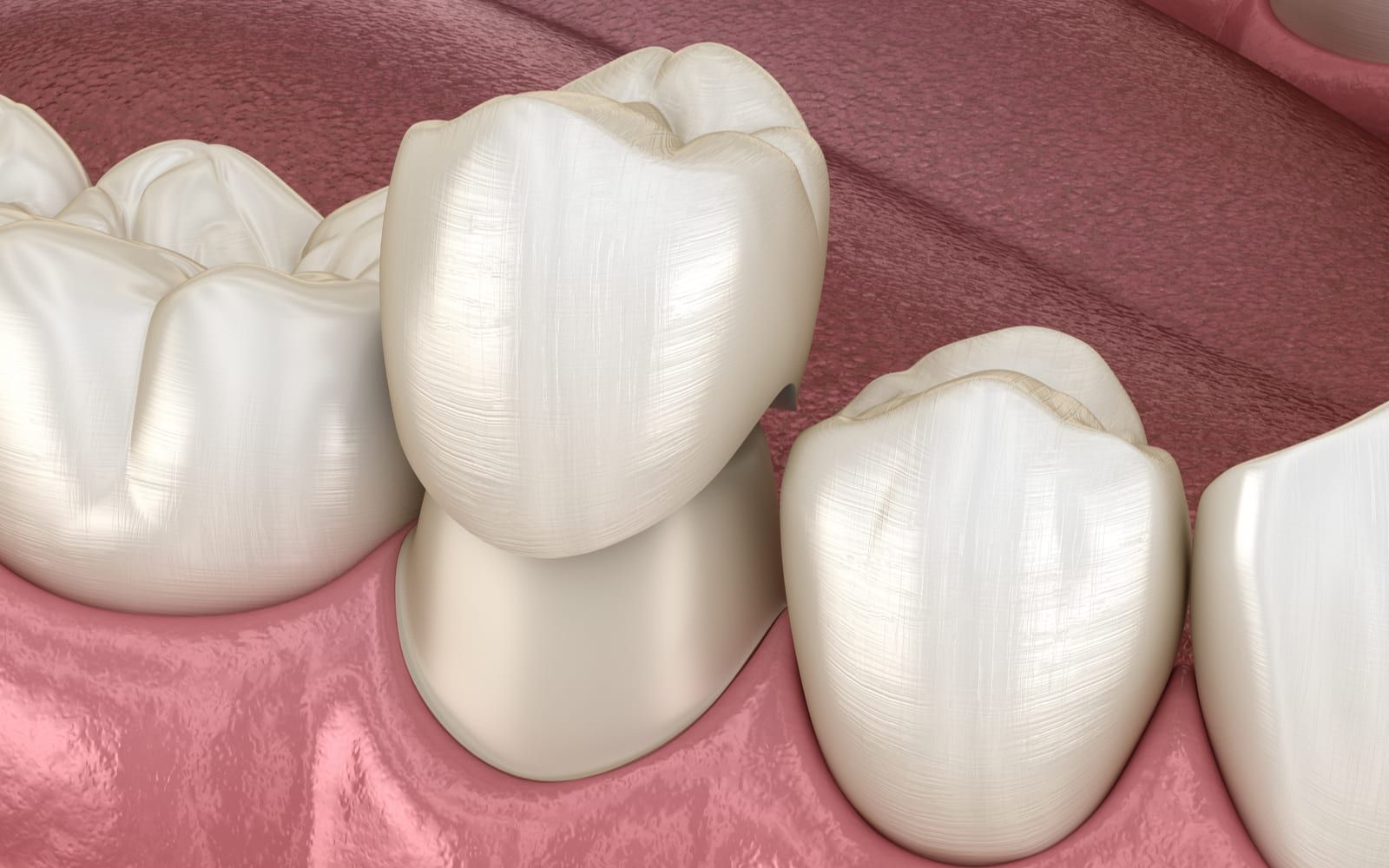Crowns can be an excellent way to restore broken down, decaying teeth. However, for those who cannot afford to have crowns, what other options would work best? Dentists with expertise in their industry understand how a patient’s inability to afford dental work can harm their oral health in the long run. Any good dentist will present to their patient’s multiple treatment plans for their restorations and allow patients to pre-approve these treatments to their insurance company before treatment. But how does a dentist go about working with a patient that cannot afford crowns? What options are available? Here, we’ll go into some of the most popular recommendations and detail their affordability as a crown alternative.
How Expensive Are Crowns?
Crowns provide a protective cap along the top of a patient’s tooth. These have been a long-term solution for restoring a damaged, decaying tooth. Sometimes crowns can be used for covering a faulty implant or protect a tooth that’s recently gone through a root canal. Most dentists will custom make the crowns, creating a mold of the damaged tooth, covering the tooth with a temporary restoration, and sending the mold to a dental laboratory to be fabricated. There are five main types patients can choose from, including:
Porcelain Crowns
- Match the tooth’s color
- Bio-compatible
- Not as strong as metal crowns
- It can cost between $800 and $3,000 per tooth.
Porcelain-Fused Metal Crowns
- Provide both aesthetics and function
- Less costly than porcelain
- Cost in between $875 and $1,400 per tooth.
Metal Crowns
- Strength and durability
- Lacks aesthetics
- Wear down slowly
- Costs between $830 to $2,465 per tooth.
Zirconia Crowns
- Great aesthetics
- Long-lasting
- Biocompatible
- Cost in between $1,000 to $2,500 per tooth.
Our Recommended Alternatives for Crowns
For a person wishing to save on costs for their dental care, these options can help:
- Inlays: Inlays work inside the cusp of the tooth and work similarly to fillings. These restorations can be used as a permanent fixture for supporting the inside of the tooth affected by large cavities. They’re fully cemented inside the tooth, unlike a filling, which relies on different materials. Aesthetically, it appears almost invisible, and it works best for teeth affected by cavities that cannot be replaced with fillings. Inlays usually cost between $250 – $1,500.
- Onlays: Like inlays, onlays work to support the inner tooth and part of the tooth’s outer layer. These restorations work best when the patient’s tooth has experienced some form of damage but otherwise have a healthy tooth. Onlays and inlays work best when the tooth’s structure besides the cavity is relatively healthy. Onlays typically cost between $350 – $1,500.
- Fillings: Fillings also can replace the inside of a tooth, similar to an inlay. However, depending on the quality of the filling and the area needed to be repaired, fillings can lack the necessary integrity and support for fixing large cavities and chipped teeth. Silver amalgam fillings tend to cost between $50 and $150, and composite fillings cost between $90 to $250.
- Veneers: Veneers work only in certain circumstances but can help repair chipped, cracked, and discolored teeth affected by decay. Veneers work best when the tooth’s damage is minimal at best. Depending on the veneer offered can cost between $400 to $2,500, with composite veneers costing between $400-$1,500 and porcelain veneers in between $925 to $2,500 per tooth.
Crowns present many advantages, but in terms of costs, they can hurt the patient’s pocket. For patients wishing to find better alternatives to their crown recommendations, the best way to first go about it is to seek a second opinion. Contact Dr. Katherine King and Dr. Jeremy Nissen, located at Somerset Smiles in Somerset, KY, for your second opinion.


